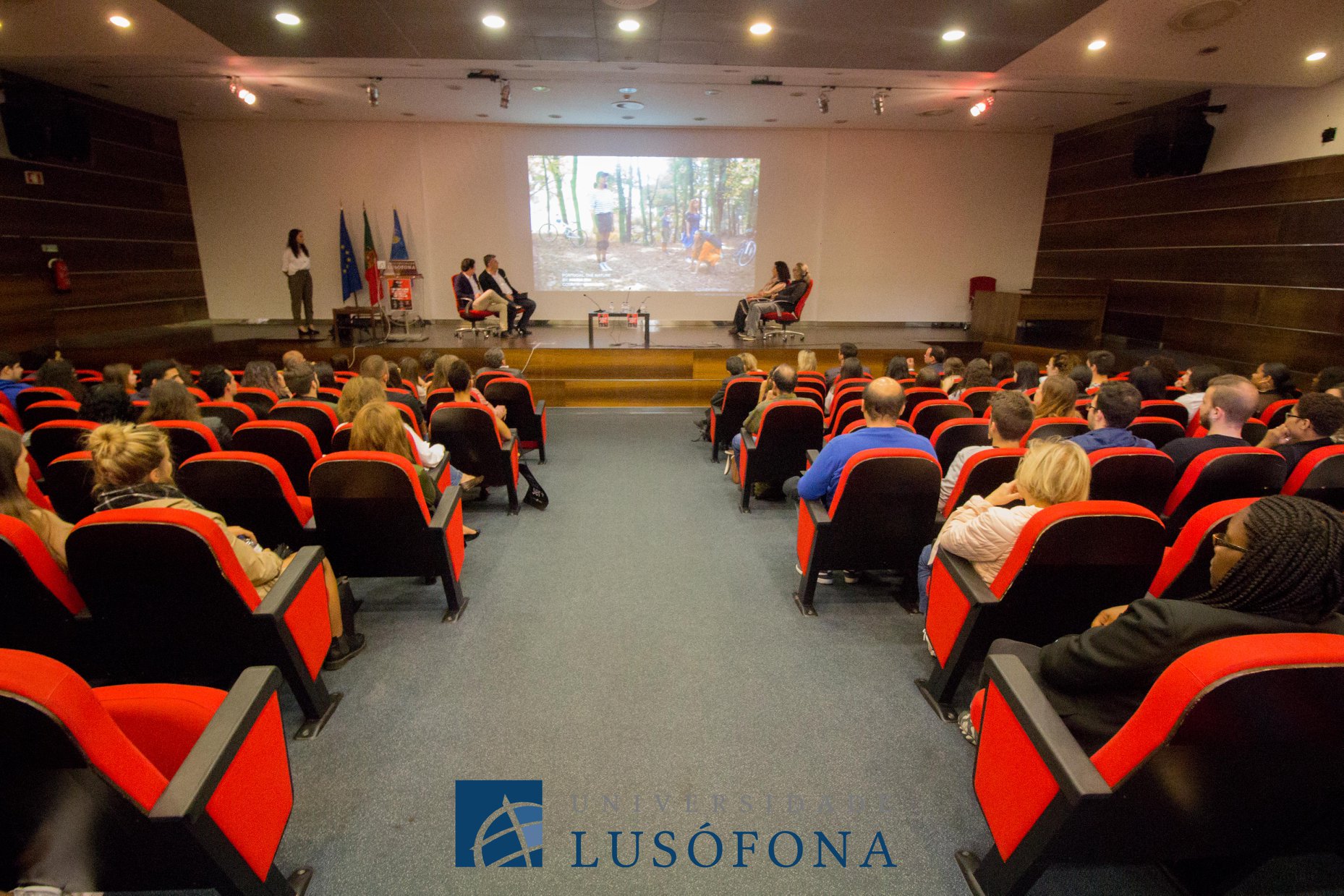Students’ Reflections on Personal Brands & Stories V

Conversations that echo.
As this journey unfolds, something unexpected – but deeply meaningful – has begun to happen. Beyond the pages and the posts, my exchanges with students have blossomed into conversations that stretch far beyond the classroom. While reaching out for their permission to share these reflections, I found something humbling: warm messages, memories of the workshop, and thoughtful curiosity about storytelling itself.
One student and I recently caught up over Zoom, sharing updates on our projects and exchanging ideas. Another reached out with a deeply reflective question about voice and silence – a reminder that storytelling isn’t just about saying more, but sometimes knowing when (and why) to say less.
These moments remind me that personal branding isn’t a one-time exercise, but an ongoing conversation. And I feel fortunate to walk part of that path alongside them.
Dear Storyteller, today I’m honored to share three more reflections with you; this time, concerning the meaning of stories for our lives. Let them stir something in you. They certainly have in me.
Discussion topic:
What do stories mean to you, and what kind of stories resonates with you at this stage of your life? Provide a couple of examples to make your point.Testimonial #1
“Stories are a fundamental way for humans to share and preserve their cultures. From childhood, they teach us, inspire us, and help us grow. Through stories, we can live many lives and experience different perspectives.
Take ancient Greek culture, for example. Storytelling has deep roots there, with oral traditions predating written language. The epic tales of Homer, such as the Iliad and the Odyssey, are prime examples of powerful storytelling that still resonate today. These narratives not only entertain but also convey timeless themes of heroism, love, and the human condition, illustrating the profound impact of storytelling across generations.”
Testimonial #2
“To me, stories mean not only describing events but breathing emotions, feelings, and thoughts into them – whether real or imaginary. They provide a richer, multi-layered way of communicating, far beyond simple explanations. Stories allow us to teach others, and they also help us learn about both others and ourselves. They hold a unique power: the power to convince, the power to explore, the power to heal, and the power to inspire change.
Learning about the stories of others can help you to process your life, it can help you understand ways to change what you want to change, inspire you and give you motivation. If you want to start doing sports but can’t motivate yourself, a story of someone who went through the same, can be so inspiring and help you achieve your goal. If you want to learn something but just can’t memorize it, put the information in a story and it will be much easier. So all in all, stories are a powerful tool that combines many levels like emotions, facts and feelings and therefore can be really helpful in many situations.”
Testimonial #3
“To me, stories are a tool to achieve a certain goal that cannot be reached by proving something with numbers or facts but can only be achieved by speaking to the humanity within a person. A story will influence a person’s mind based on how much they resonate with it, and depending on the goal (e.g., fostering connections, getting a salary increase, selling a product), it will positively or negatively impact your chances of success. This is why I am extremely interested in becoming better at telling good stories.
I am currently in a stage of my life where I want things to evolve and change in ways that allow my life to develop positively and align more closely with my ultimate goals. Therefore, stories of entrepreneurship, doing things differently than everyone else, and finding unique ways to succeed resonate deeply with me. I am also drawn to stories in which the bigger picture is more important than the current situation, and where struggles and mistakes are seen as opportunities for growth, not as failures.
The stories I hear or seek out ultimately give me motivation to reach my goals and succeed at what I aim to do, as well as provide direction on what is possible and what steps may need to be taken.”
Plato reminded us long ago that stories don’t just entertain; they educate, shape, and transform. As my students have shown, this truth echoes across cultures and contexts. Whether it’s the enduring power of Homer’s epics to illuminate human nature, or the emotional resonance that turns lived experience into inspiration, stories are the quiet architects of culture, character, and behavior – leaving their mark on every époque.
They are mirrors and windows, helping us understand others, teach ourselves, and even reimagine failure as fuel for growth. In their words, stories are tools to persuade, to heal, to build connection and momentum. From classical heritage to personal ambition, there’s always an epic unfolding; one we pursue as citizens, family members, friends, and professionals.
And so, as these conversations continue to echo far beyond the page, I gently pass the question to you, dear reader:
What story is shaping your vision right now? And how might it guide the higher Good you’re striving toward?
P.S. Before publishing any reflection, I always obtain the student’s permission to share their individual testimonial, ensuring complete anonymity. Under these terms, no personal data is ever disclosed.
Disclaimer: The views and opinions expressed in this blog series – Students’ Reflections on Personal Brands & Stories – are solely those of the contributing students, and do not necessarily reflect my own. As such, I, Tomás Varela Pinto, cannot be held responsible for their content.






Comentários recentes